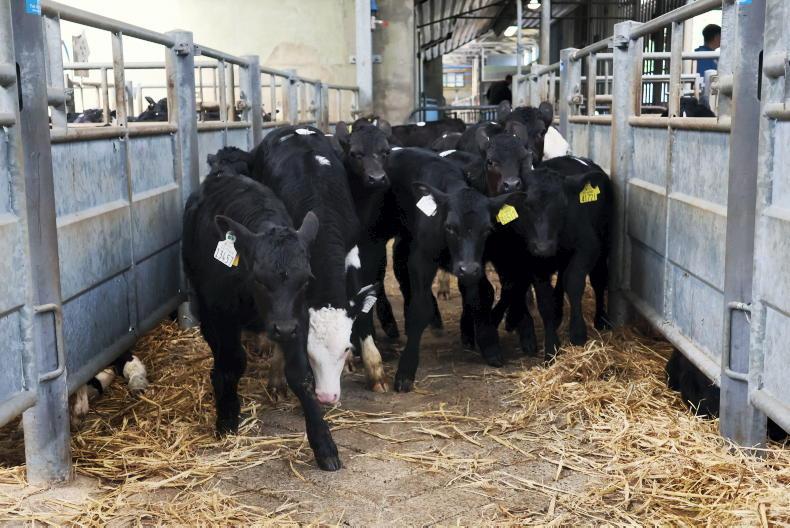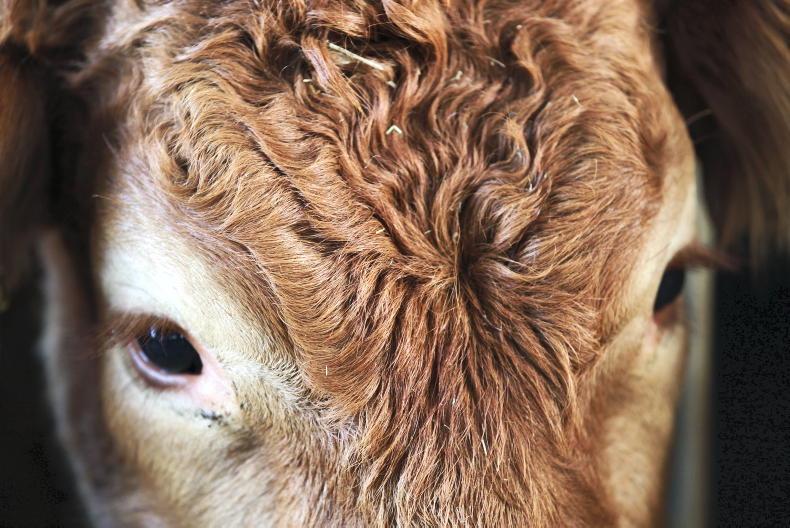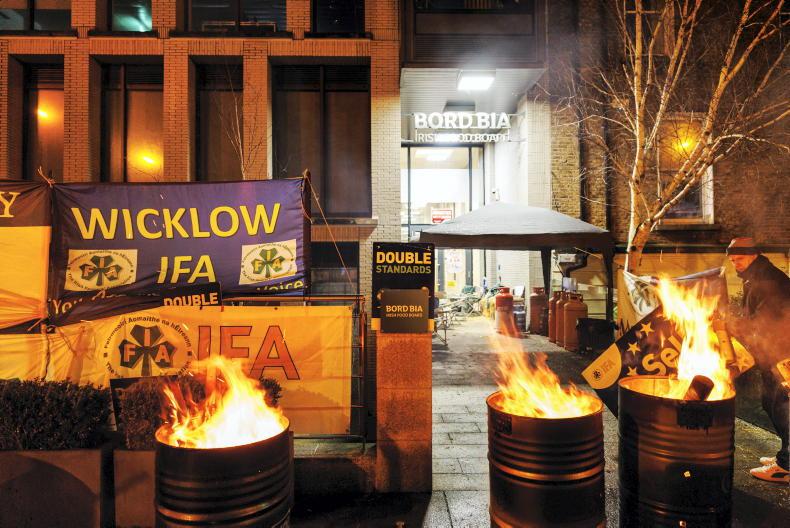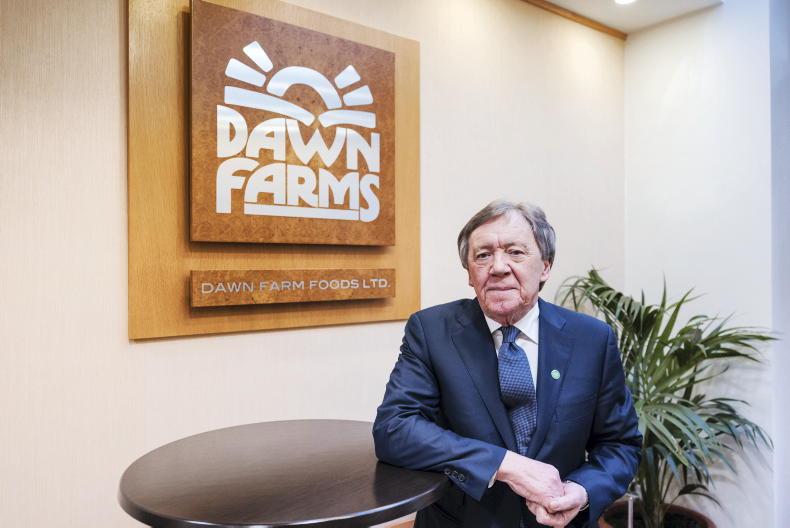Hundreds of Dutch farmers and hauliers protested on Friday in central Holland to draw attention to Government plans to shut many of the country’s farms and limit the operation of many more by up to 90%.
Farmers have been protesting for two weeks here, over government plans to cut nitrogen emissions by 50% by 2030.
The protests were not planned by any official farmer organisation but were rather put together by local farmers communicating via social media platforms.
The Irish Farmers Journal reported on the demonstrations from Barneveld, one of four locations along busy Dutch motorways where local farmers organised one of these “slow downs” of road traffic, which saw lanes of traffic stopped up by tractors, lorries and cars for over 45 minutes.
Many of the farmers in attendance had attended protests over the past number of weeks which they say have been part of efforts to "have their voice heard" by government and those living in urban areas.
Farmers from the hinterland of Utrecht gathering in Barneveld ahead of a 15 min traffic stop. ???? ?? @farmersjournal reporting on the protests from the cab of a local farmer and haulier to hear his concerns on proposed nitrogen cuts and what they might signal for farmers at home pic.twitter.com/UHiBF6TOSN
— Noel Bardon (@NoelB57472042) July 15, 2022
Veal farmer and haulier Frank Mandersloot described how farmers felt they were not being listened to by the Dutch government in plans to reduce nitrogen emissions from farmland.
“The government needs to start listening. So far, they have not taken farmers seriously,” he told the Irish Farmers Journal.
“Today, with all the transport companies, we are helping farmers in the Netherlands by giving a 15-minute slow-down on the highway and completely stop so that everyone knows what is happening with our farmers.
“They really want to go into the future together with our government, but we can’t talk with the government and that is why we have this problem. That is why we [are] protesting today,” he said.
Protests over plans to reduce nitrogen allowances on farms by up to 90% in some cases, farmers say.
— Irish Farmers Journal (@farmersjournal) July 15, 2022
Signing up to proposed Government buyout deal would leave you "unable to keep a single goat". pic.twitter.com/KGBksXAepC
Farmer plans on hold
Mandersloot explained that plans to modernise his farm’s 1970s-era facilities were on hold with the government’s proposal and banks were unlikely to give farmers’ credit until the uncertain regulatory situation becomes clearer.
On his farm, he said that the government’s nitrogen reduction plan maps show that he is farming in an area requiring a 12% reduction in nitrogen usage, while neighbouring farmers would see their usage having to drop by up to 90%.
“They want to get rid of animals,” he said, adding that: “Yes, it’s 12% today it could be 20%, 25% next week. We need decisions to be made.”
@farmersjournal back in the cab.
— Noel Bardon (@NoelB57472042) July 15, 2022
?? ?? ?? ?? ?? ?? pic.twitter.com/RsyXrtxPvd
‘It is not our own choice’
Full-time dairy farmer Theresa Ruitenberg was also at the protest. Speaking to the Irish Farmers Journal, she said that the current proposals would see her and her family be compulsorily bought out, due to the farm’s proximity to Natura 2000 designated land.
Given that other farmers in the area would also be bought out and other herds would be faced with limitations on their use of chemical fertiliser, coming by another farm in a different part of the Netherlands will become impossible, she stated.
“They want us to get out of our place, our farm - completely. All the farmers [in the area] must stop,” Ruitenberg said on front of almost 40 tractors and lorries gearing up for the demonstration.
“Our farm is next to a nature reserve. We live 700m from a Natura 2000 reserve. It will not be possible to find another farm.
“We hope that they [policymakers] will listen now. The protests will help. They must help. It is not our own choice and we have kids that want to farm,” she explained.
They want us to get out of our place, our farm - completely
Public support
After the traffic began to move again, tailbacks stretched for kilometres in all directions from the small Dutch town in the centre of the country, owing to collaborations between the local farmers and hauliers to shut down all access routes through the area.
Similar actions were organised to take place simultaneously in Ede, Vaasen and Veenendaal.
Members of the public voiced support for the demonstrations, even though they were planned to coincide with busy Friday evening traffic which included commuters returning home and workers on the road.
Stopped for the duration of the protest, worker Alen Ajkunic had just finished for the day when traffic was halted.
“I just hope we are not here for too long. I do understand why they [farmers] are here, people support them,” he told the Irish Farmers Journal.













SHARING OPTIONS